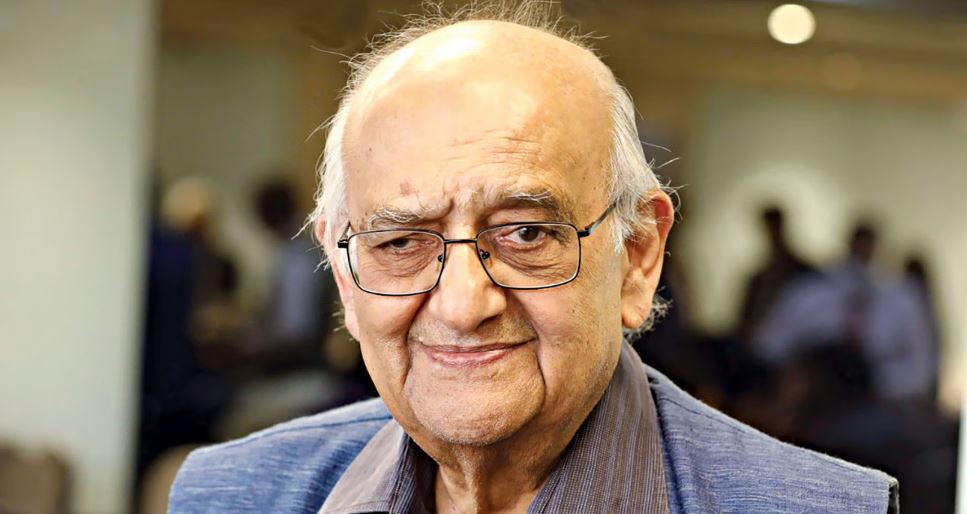Defaulting on loans is progressively becoming part of the business model to stay competitive, said Rehman Sobhan, chairman of the Centre for Policy Dialogue.
"Because, if someone is borrowing money without having to pay interest and someone is borrowing money and paying interest, you are not competing on an even playing field," he said this on Saturday on the second day of the three-day seventh SANEM annual economists` conference, reports an English daily.
A class of politically privileged people have gone on multiplying their fortunes by rescheduling and defaulting on loans, he said at the panel discussion styled "The emergence and the rise and rise of dominant party state in Bangladesh: what consequences for democracy and development?".
Sobhan went on to blame the default culture on the policies undertaken by Ziaur Rahman, who served as the president of Bangladesh from 1977 to 1981.
"The whole default crisis which is going on now for the last 40 years was initiated by Ziaur Rahman`s policy of channelling state financial institutions to build the capitalist class."
The country is witnessing complete deinstitutionalisation, according to Sobhan.
"The essence of deinstitutionalisation is that there is no such thing as one law for all. Whether it is the Election Commission, the Anti-Corruption Commission, the National Board of Revenue or any functioning institution, they selectively apply the rule of law."
Subsequently, people remain confused about what the actual law is.
"If you want to get your tax rebated, if you want to get your loan rebated, everything will depend on who you are and what are your political connections."
This cannot continue once Bangladesh becomes a developed country.
"You have to have functioning institutions when you move into the developed country status. If everything becomes discretionary and politically patronised, then you are progressively moving into a Hobbesian state," Sobhan said at the event held at the capital`s Brac Centre Inn.
According to the 17th-century English philosopher Thomas Hobbes, the state of nature was like an existence where each man lives for himself. It is characterised by extreme competition and no one looks out for another. He believed that when people have unlimited freedom, it leads to chaos and a war-like scenario.
Hobbes argues that the only way to escape the state of nature is to create a social contract. People create a contract by coming together in peace, agreeing to a set of laws, and creating a "sovereign". All individuals in that society cede some right to the sovereign authority for the sake of protection.
"This is a very dangerous situation for the aspirations we have of becoming a more developed society. Politics has become a very important instrument for participating in business and this is now gone all the way down to the union parishad level," Sobhan said.
Tenders for public works and government projects are not decided based on competency.
"If you are not depending on competitive forces for tenders, you then have to have the necessary political access."
People with political proximity and political access see the fastest rise in fortune. "That is the nature of the system," Sobhan added.
Bangladesh is transitioning towards the classical dominant party-state model, a trajectory it has followed since its inception, said Mirza M Hassan, senior research fellow at the BRAC Institute of Governance and Development.
Sobhan, however, differed on this.
"It is not a dominant party state through the dominance of a party as a political force. The objective reality here is that you do not have a dominant party system -- you have a dominant state and the dominant state itself is built around a person," Sobhan said.
Individual freedom is essential for democracy but collective action is also necessary, especially for the poor, said Rounaq Jahan, distinguished fellow of CPD.
MM Akash, a professor at the University of Dhaka`s economics department, and Ashikur Rahman, senior economist at the Policy Research Institute, also spoke in the session.













-20260226080139.webp)






-20260225072312.webp)








-20260219054530.webp)
-20260224075258.webp)




-20260221022827.webp)